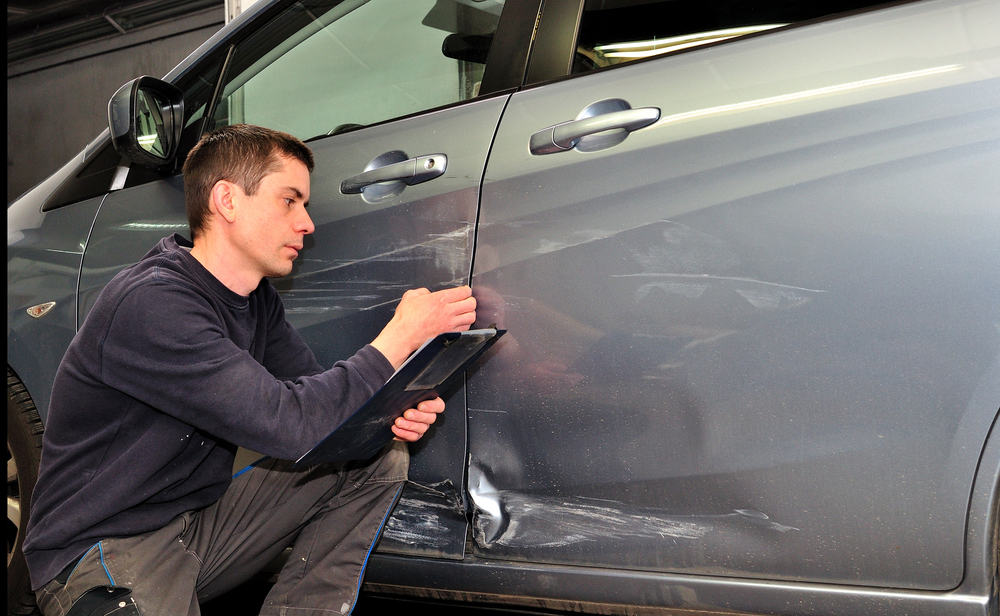What to do if an auto insurance company denies coverage or a claim?
Do you know what to do if you have a car insurance claim that is denied? Many car owners purchase their car insurance policies, hoping to never need them, but accidents do happen. When they happen, that same policyholder expects to be covered for their claim. Unfortunately, sometimes claims are denied.
The Most Common Reasons Car Insurance Claims Are Denied
- The car insurance coverage lapsed or the premium was not paid.
- The car isn’t listed on the policy.
- The driver isn’t listed on the policy.
- The car contains custom/expensive modifications or upgrades that aren’t reflected in the policy.
- The claim amount exceeds the policy limits. Though, this usually results in the excess amounts being denied, rather than the entire claim being denied.
- An investigation into the accident revealed that the way the damage occurred isn’t covered. AKA: That particular type of damage or the way it happened is excluded.
- The driver was under the influence of a chemical substance at the time of the accident.
- The driver did not have a valid driver’s license at the time of the accident.
- The reporting of the claim was delayed beyond the acceptable period of time listed in the policy.
- The insurance company uncovered falsifications on the claim or in the initial information given when the policy was created.
Understanding Bad Faith Car Insurance Denials for a Claim
Insurance companies are required to investigate all claims thoroughly and pay legitimate claims. A car insurance denial is considered bad faith if:
- The claim is legitimate, and the car insurance company is refusing to pay.
- The car insurance company failed to properly investigate the claim prior to the denial.
- The car insurance company failed to provide the reasons for the claim denial.
- The car insurance company willfully or purposely refused to examine or consider evidence that would support the claim.
- The car insurance company did not follow the rules and regulations set forth by the state for investigating and processing the claim.
The Steps You Should Take After Your Car Insurance Claim Is Denied
- Make sure the exact reasons for the denial are in writing. Car insurance companies usually provide this letter with the denial, and it is usually sent in the mail. If this letter or the exact reasons were not provided, call the insurance company and request it.
- If the denial was based on lack of evidence, you can give them more evidence to support your claim. This can include pictures of the damage to your vehicle and the accident scene, a copy of the police report, medical bills associated with the accident and estimates for repairing the vehicle.
- You can file an appeal of the denial with the car insurance company. This could also be part of step two.
Resolving the Issue with an Outside Party
If your insurance policy was paid, valid and active at the time of the accident, and you followed all of the above steps, you’re probably fairly frustrated with your denied claim. After all, you have a car to repair or replace and possibly medical bills to pay. Yet, the insurance company keeps denying your claim. At this point, it’s probably best to get an outside party involved, and the easiest and cheapest way to do that is to file a complaint with the Florida insurance commissioner. Florida allows you to file a complaint against an insurance company online, via the telephone and by email. To do this, you will need the name of the insurance provider, your policy number or the insurance claim number, your contact information and a detailed description of the problem you are having with the insurance company. Once you file your complaint, Florida gives insurance providers 20 days to respond, and according to the website, most complaints are resolved within 30 days.
Steps to Take to Ensure Your Future Claims Are Approved
When it comes to ensuring your future auto insurance claims are approved, there are a few things you can do. First, make sure your policy information is up-to-date and your policy is valid. This means informing your insurance company of any pricey modifications you make to your car or if you sell or purchase a car. It may be worthwhile to have your car insurance premiums auto-deducted from your checking account or a credit card to make sure they are always paid on time. It’s also important to ensure all the drivers of the vehicle are listed on the policy. For many people, this means adding a new spouse or a new teenage driver to the policy.
You should also make sure that your car insurance policy contains all the coverage you need. This could mean adding coverage types, like collision and comprehensive. You should also ask if your policy covers under-insured and uninsured drivers and make sure the policy has the appropriate limits for where you live and your driving style.
Getting Car Insurance with Fearnow Insurance in Florida
If you need a new car insurance policy, Fearnow Insurance, serving Florida, can help you find a policy that meets your needs and your budget. In addition to cars, trucks and vans, we also insure motorcycles, boats, RVs and commercial vehicles. To learn more, call us at 813-689-8878.

